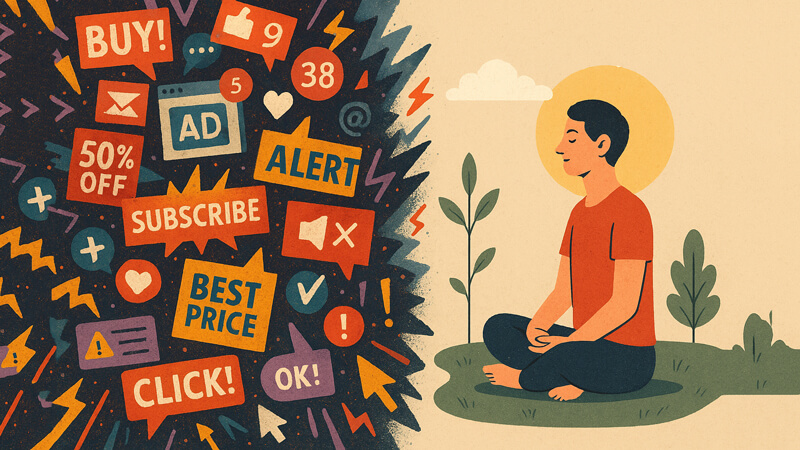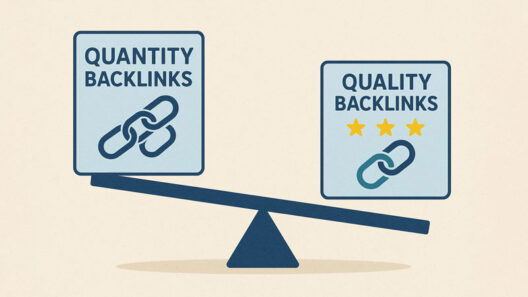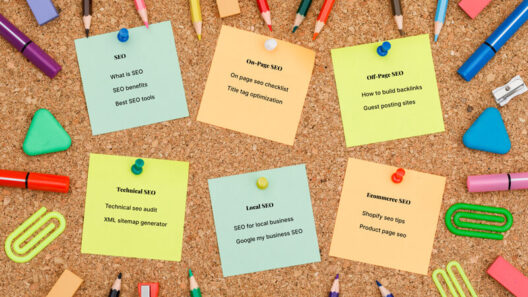I work in digital marketing, a field built on pushing visibility, maximizing clicks, and keeping users engaged for as long as possible. But with every successful campaign, I’ve started asking myself a hard question:
“Are we truly helping people? or simply exhausting them?”
We live in an era where every scroll feels like a battleground for attention. Notifications chase us from our screens to our pockets. Ads watch us more closely than our friends do. Even a moment of silence online feels like a missed opportunity.
As marketers, we often celebrate high engagement, yet we seldom pause to consider the hidden side of that success – digital fatigue. When audiences are overwhelmed, they don’t just tune out ads; they can even lose trust in brands altogether.
That’s when I realized: marketing shouldn’t just be about conversions – it should be about wellbeing.
From Engagement to Exhaustion: The Silent Burnout We’re Fueling
I’ve managed campaigns where we aggressively retargeted users across every platform. The data looked great – CTR up, impressions up, conversions up. But then I started seeing comments like:
“Why am I seeing this ad everywhere?’ Or ‘Stop stalking me!”
That’s when it hit me: what looks like success on a dashboard can feel like harassment in real life.
If consumers feel chased instead of understood, we haven’t earned their attention – we’ve stolen it.
So, What Does Mindful Marketing Look Like?
I’m not calling for less marketing; I’m calling for better marketing. One that respects human boundaries while still driving results. Here are a few principles I now follow in every strategy:
1. Helpful Reminders, Not Relentless Retargeting
Instead of bombarding users with the same ads 20 times a day, I now cap frequency. If someone doesn’t respond after a few exposures, maybe they’re not interestedvand that’s okay.
2. Inform Before You Influence
I prioritize value-led content, i.e., guides, tips, or tools that educate first and sell later. When people willingly return for knowledge, trust grows naturally.
3. Don’t Manipulate Emotions – Empower Decisions
Urgency tactics like fake countdown timers and fear-based messaging may spike sales – but at what cost? I’ve shifted toward clarity over pressure. Transparency builds long-term loyalty.
4. Respect Attention – Don’t Hijack It
Do we really need autoplay videos with sound? Do pop-ups need to cover the whole screen? If the UX causes stress, it’s not marketing – it’s disruption.
Marketing Should Heal, Not Drain
We often say, “Customers are at the heart of everything we do.” If that’s true, then we must protect their mental space as diligently as we protect our ROAS.
I am not a perfect marketer – I have chased metrics at the cost of empathy. But I’ve learned that responsible marketing doesn’t weaken our impact; it strengthens it. When we respect people’s attention, they reward us with trust. When we design for wellbeing, they stay with us longer, not because they’re trapped, but because they feel seen. In an overloaded digital world, the most powerful marketing isn’t the loudest, it’s the kindest.
Let’s not just compete for attention; let’s compete for trust. Let’s not just sell products; let’s safeguard peace of mind. True marketing success isn’t when people click; it’s when people feel good about clicking.




